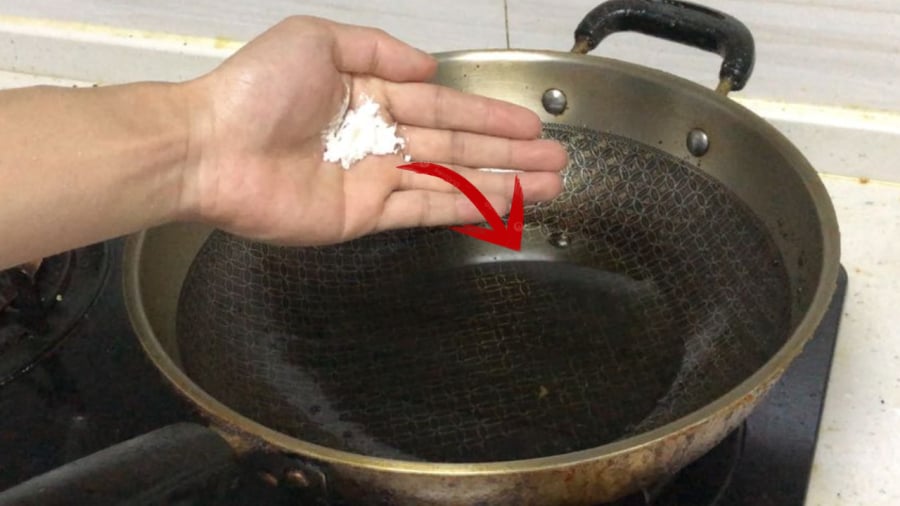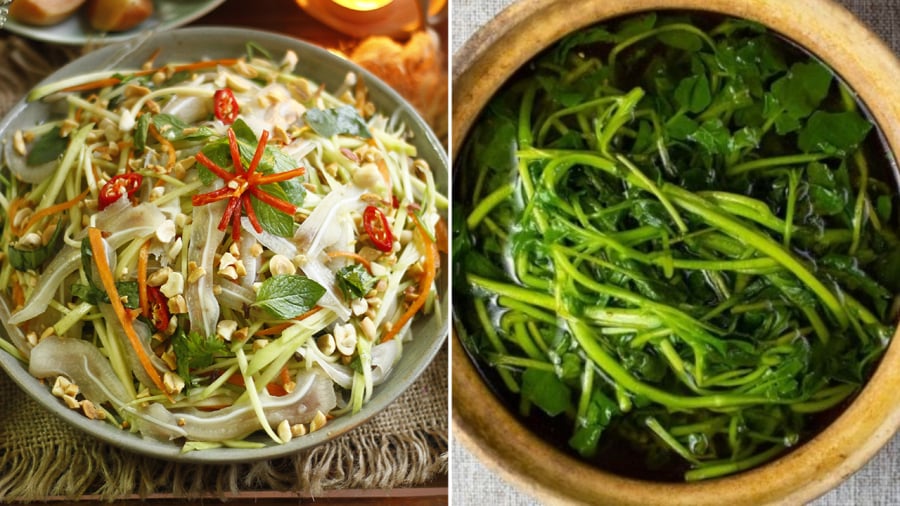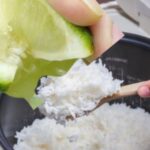The Benefits of Adding a Pinch of Salt to Your Frying Oil
Frying is a popular cooking method that delivers crispy, tasty treats. The process involves heating oil to a high temperature and cooking food to achieve a golden, crunchy exterior while retaining a soft, moist, and juicy interior.
However, frying can often be a messy affair, with hot oil splattering everywhere and food sticking to the bottom of the pan. To overcome these issues, a simple trick is to add a pinch of salt to the oil. Approximately a 1/4 teaspoon of salt per cup of oil will do the trick. Stir it in before adding your food to the pan. Salt helps to raise the boiling point of oil, reducing splatter and preventing food from sticking.

As an alternative to salt, a pinch of flour can be used in the same way. Simply dust a small amount into the oil and stir before adding your food.
To further minimize oil splatter, ensure your food is dry before frying. Blot away any moisture with a paper towel to reduce the risk of hot oil popping and sizzling.
Salt Tips for Delicious Cooking
– Crisp Up Pickles, Salad, and Green Chilies
When preparing pickles, salads, or green chilies, lightly sprinkle your vegetables with salt and let them sit for about 15 minutes. This draws out excess moisture, ensuring your veggies stay crisp. Rinse the salt off and pat them dry before mixing with other ingredients and seasonings.

Salt is a culinary powerhouse, enhancing flavor and texture. Master these salt tips to elevate your cooking game.
– Keep Your Greens Vibrant
Adding a pinch of salt to the water when boiling vegetables helps retain their vibrant color. Salt raises the boiling point of water, so your veggies cook faster and retain more nutrients. The higher temperature also ensures your greens stay beautifully green.
– Reduce Saltiness in Pickles and Dried Fish
Here’s a less-known salt trick: you can use salt to reduce the saltiness of overly salty pickles or dried, salted fish. It might sound counterintuitive, but it’s based on the principle of osmosis. Soak your pickles or fish in a diluted salt solution (lower concentration than the food item). The salt will move from the higher concentration (pickles/fish) to the lower concentration (diluted solution), reducing the saltiness.
“The Surprising Benefits of Adding Lemon Juice to Rice: A Culinary Practice with a Tangy Twist”
The addition of lemon juice to the rice cooking process is a clever culinary trick that can elevate the taste and quality of the dish. This simple yet effective method is a well-kept secret among culinary enthusiasts, as it adds a subtle tang and freshness to the rice, taking your meal to the next level.
The Magic of Salt: Uncover the Nightly Ritual for a Transformative Morning
In the world of Feng Shui, a simple yet powerful remedy to attract wealth and prosperity is to place a bowl of salt in a strategic location. This ancient practice is believed to bring good fortune and abundance to the homeowner, with the salt acting as a symbol of purification and a magnet for positive energy. By strategically positioning the salt bowl, one can create a harmonious and prosperous living environment, inviting success and financial abundance.





































